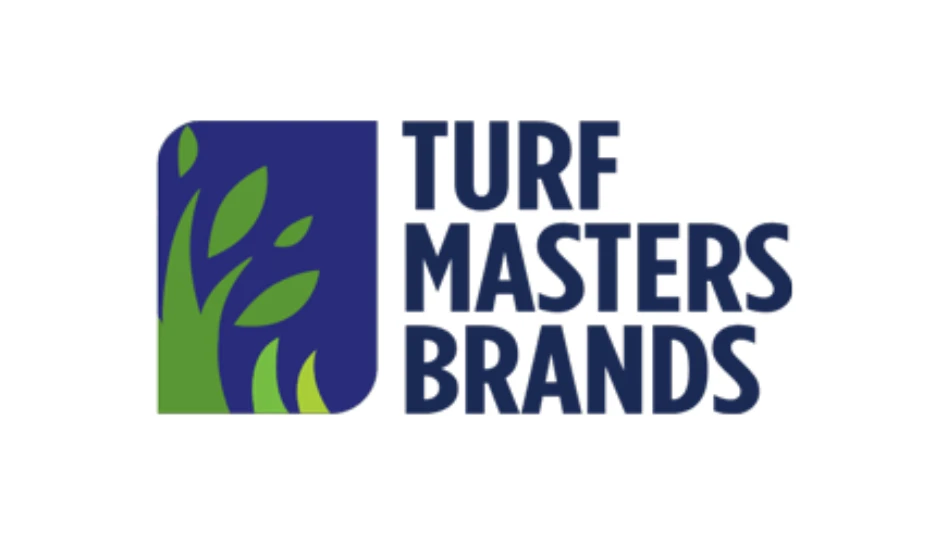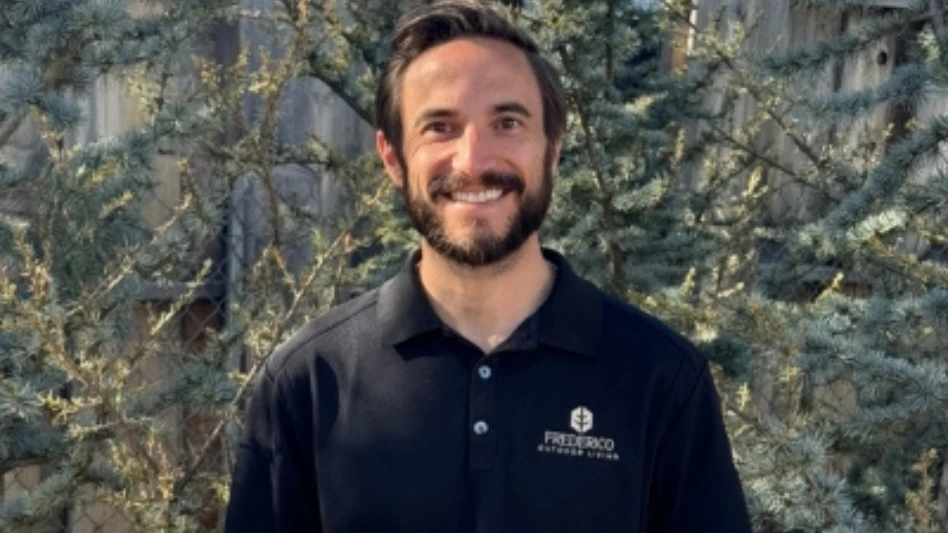|
|
Let's play "what if" this month. This is a game where I ask you a few questions designed to help you think and make more money if you're willing to take the actions we are about to discuss. What if you were to systematically get rid of ¼ of your clients while intensely screening all new ones going forward? Would profits go up? Would you have more fun running your business because you are doing business with people who respect, trust, and pay you well? What if you cut ties with some of your long-time employees who really haven't improved a lick in the last three years? What if you sold off old equipment and bought new stuff? Of all the things I have done for my business and all the things I do to help other landscapers improve their businesses, the aforementioned are some of the toughest decisions to make. But, there can be no question that taking action on some of these is the best thing you can do. In business, I find that many of the actions we need to take to be successful don't seem to make sense at first glance. Let's talk a little bit about each of the three questions I raised above. Getting rid of clients. I know – it seems like a crazy, outlandish, stupid thing to do. But, most businesses that are successful clearly know who their client is. Clients who are never happy, are unreasonable, don't pay on time and are constantly asking you to do things you don't agree with need to be purged. I can say from a recent experience it always makes business sense to rid yourself of someone who, for example, doesn't respect your expertise. We recently completed a job for a former client for more than $40,000. The family we worked for was as nice as can be. But that's about all they were. They searched the Internet incessantly for information to prove us wrong. They moved plants after we planted them and still wanted a full warranty. They hovered over our crews the entire time we worked there. They presented ideas daily of things they wanted changed but didn't want to pay for. And they tried to make us do all kinds of things not covered or stated in the contract by saying, "But we're paying you 40K; you can do this for 40K." Again, this family was nice. In fact, as weird as it sounds, I do like them. But, Grunder Landscaping Co. is not going to work for them again. We did not make any money on the job because they wouldn't let us do our job. None of my team wanted to go over there; they weren't happy and I can't blame them. What if you got rid of bad clients and looked for new, better ones? (Really looked, not just kind of tried.)
Getting rid of equipment and buying new. Again, I was there myself one time. I bought most things used because I couldn't get a loan and thought I couldn't afford new stuff. Today, we don't buy anything used. And it's not because I can afford to buy new stuff; it's because I can't afford to buy used things. If you look at just about every successful company in our industry, they are in business for the long run. So, why would you buy a vehicle or piece of equipment that might have been someone else's problem? Talk to your accountant. In many cases, by the time you factor in depreciation, time lost working on old things, fuel mileage, efficiency, user comfort and safety, you are ahead of the game to buy new; take care of it and keep it. This strategy doesn't seem to make sense for a lot of us, but trust me, it makes business sense Many of us look at those auction pamphlets that come in the mail and salivate over all the things in there that we don't need, but go to the auction that day, overpay and take on things we don't need anyway. Resist the urge. What if you bought only new equipment? Set it up the way you wanted it and kept it? It's fun to play what if; it's even more fun to follow through and do it. I hope you'll quit saying "what if" and start saying, "Look what I did!" Your thoughts? Let me know; I'm on Facebook at www.facebook.com/martygrunderinc. marty@gie.net.
|

Explore the January 2012 Issue
Check out more from this issue and find your next story to read.
Latest from Lawn & Landscape
- All fun and games
- Larry Ryan steps down as Ryan Lawn & Tree president
- Session snippets
- WorkWave debuts WavelyticsTM at Beyond Service User Conference
- Picking up after the storm
- HD Hyundai Construction Equipment North America unveils HX90A compact excavator
- Ruppert Landscape acquires Ocean Woods Landscaping
- Registration now open for Central Coast Water Summit






